HR Compliance: A Guide for Employers in All 50 States
HR compliance is a critical aspect of running a business, ensuring that companies adhere to federal, state, and local employment laws. While employment regulations vary by state, there are several core principles that apply nationwide. Understanding these rules helps businesses avoid legal risks, maintain fair workplace practices, and foster a positive work environment.
What Is HR Compliance?
HR compliance refers to the process of ensuring that a company follows all employment laws, regulations, and internal policies related to hiring, managing, and terminating employees. This includes compliance with federal laws that apply to all 50 states, as well as state-specific regulations that may differ from one jurisdiction to another.
Key Federal Employment Laws
While state laws can vary, employers across the U.S. must comply with key federal regulations, including:
1. Fair Labor Standards Act (FLSA)
The FLSA sets nationwide standards for minimum wage, overtime pay, recordkeeping, and child labor. While the federal minimum wage is $7.25 per hour, many states have higher minimum wage requirements that employers must follow.
2. Occupational Safety and Health Act (OSHA)
OSHA establishes workplace safety standards to protect employees from hazardous conditions. Employers must provide a safe work environment and comply with industry-specific safety regulations.
3. Family and Medical Leave Act (FMLA)
FMLA grants eligible employees up to 12 weeks of unpaid, job-protected leave for qualified medical and family reasons, such as the birth of a child or a serious health condition. Some states have their own paid family leave laws that expand on FMLA protections.
4. Americans with Disabilities Act (ADA)
The ADA prohibits discrimination against individuals with disabilities and requires employers to provide reasonable accommodations unless doing so would cause undue hardship.
5. Title VII of the Civil Rights Act
Title VII prohibits workplace discrimination based on race, color, religion, sex, or national origin. This law applies to employers with 15 or more employees and is enforced by the Equal Employment Opportunity Commission (EEOC).
6. Equal Pay Act (EPA)
The EPA mandates that men and women receive equal pay for equal work within the same organization, ensuring gender pay equity.
7. Immigration Reform and Control Act (IRCA)
This law requires employers to verify employees’ eligibility to work in the U.S. using Form I-9. Compliance with IRCA helps prevent unauthorized employment.
State-Specific HR Compliance Considerations
While federal laws provide a foundation, each state has unique labor laws that employers must follow. Some common areas where state laws vary include:
• Minimum Wage: Many states (e.g., California, New York) have higher minimum wages than the federal standard. Some states also have scheduled increases.
• Paid Leave: Some states, like California and New Jersey, require paid sick leave or family leave beyond FMLA.
• At-Will Employment Exceptions: While most states recognize at-will employment, some impose restrictions on wrongful termination.
Best Practices for HR Compliance
To stay compliant, businesses should adopt the following best practices:
1. Stay Informed on Federal and State Laws
HR laws change frequently. Employers should regularly review updates from the Department of Labor (DOL), EEOC, and state labor agencies.
2. Maintain Accurate Employee Records
Proper documentation—including payroll records, employee contracts, and performance evaluations—can help protect businesses in case of legal disputes.
3. Develop and Communicate Clear Policies
A well-documented employee handbook should outline company policies on harassment, discrimination, workplace safety, leave, and benefits.
4. Train Managers and HR Personnel
Regular training ensures that HR staff and managers understand compliance requirements and can handle employment issues appropriately.
5. Conduct HR Audits
Periodic HR audits help identify compliance gaps and reduce legal risks. Reviewing payroll practices, workplace policies, and employee classification can prevent costly violations.
6. Implement Fair Hiring and Termination Practices
Employers should follow fair hiring processes, conduct background checks in compliance with state laws, and document performance issues before terminating employees to avoid wrongful termination claims.
Conclusion
HR compliance is essential for businesses in all 50 states. While federal laws provide a baseline, state-specific regulations can introduce additional requirements. By staying informed, maintaining accurate records, and implementing strong HR policies, employers can create a legally compliant and productive workplace. Proactive HR management not only protects a company from legal risks but also promotes a fair and positive work environment for employees.
For specific legal advice, businesses should consult an HR professional or employment attorney familiar with their state’s laws.
